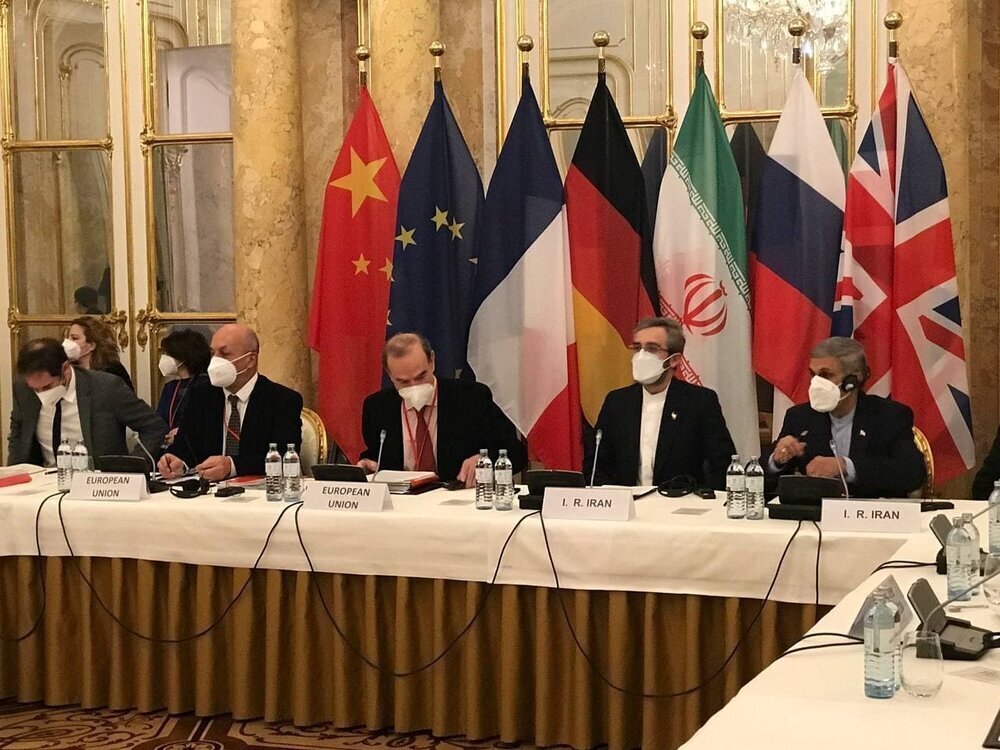Vienna talks can be successful, but does U.S. want so?

TEHRAN — As a fresh round of talks in Vienna are moving forward, there is big question here: Does the U.S. want talks to reach a successful conclusion?
The U.S. president and his team constantly say that they hope diplomacy prevails, but they seem to be forgetting something. Their predecessor left them a broken house that is difficult to repair.
Biden said in his election campaign over and over that once he becomes the president, he will return to the internationally agreed 2015 nuclear deal, otherwise known as the Joint Comprehensive Plan of Actions (JCPOA). However, Donald Trump’s legacy has made the task almost impossible.
In a report in November 2020, the New York Times said sanctions instituted under the category of counterterrorism and human rights, like those against the Islamic Revolutionary Guard Corps, “would be harder to void, especially since many Democrats also support them.”
Trump’s legacy was to impose harsh and brutal sanctions outside the JCPOA under false categorizations. It is more than obvious that Trump sought to cripple Iran, but the story does not end here. Trump had a different approach in mind. He wanted to make a possible return to the JCPOA all the more difficult and complicated for his successor, a move that is widely shunned by American experts.
In his article for the New York Times, Thomas Friedman said, “President Donald Trump’s decision to tear up the Iran nuclear deal in 2018 — a decision urged on by his secretary of state, Mike Pompeo, and Israel’s prime minister, Benjamin Netanyahu — was one of the dumbest, most poorly thought out and counterproductive U.S. national security decisions of the post-Cold War era.”
In another article in the Washington Post titled “Iran’s foreign minister says diplomacy with U.S. is over” published in September 2019, Josh Rogin wrote, “The Trump administration increased sanctions on Iran’s central bank in response to the attack on Saudi Arabia, designating the central bank as a supporter of terrorism, which eliminates any exceptions, even for humanitarian aid. Zarif blamed the sanctions on a Washington think tank, the Foundation for Defense of Democracies (FDD), which the Iranian government has sanctioned as a supporter of terrorism:
‘FDD, [its executive director] Mark Dubowitz, wanted to make sure neither this president nor his successor will be able to normalize relations with Iran,’ Zarif said.”
It is no wonder that Trump would follow the advice of a troubled person such as Dubowitz, but the Biden administration needs to sort out its priorities first. If you want diplomacy to prevail, you must first mend your predecessor’s failed legacy. An executive order to lift all the Trump-era sanctions would be the first sign of “good will”.
Leave a Comment